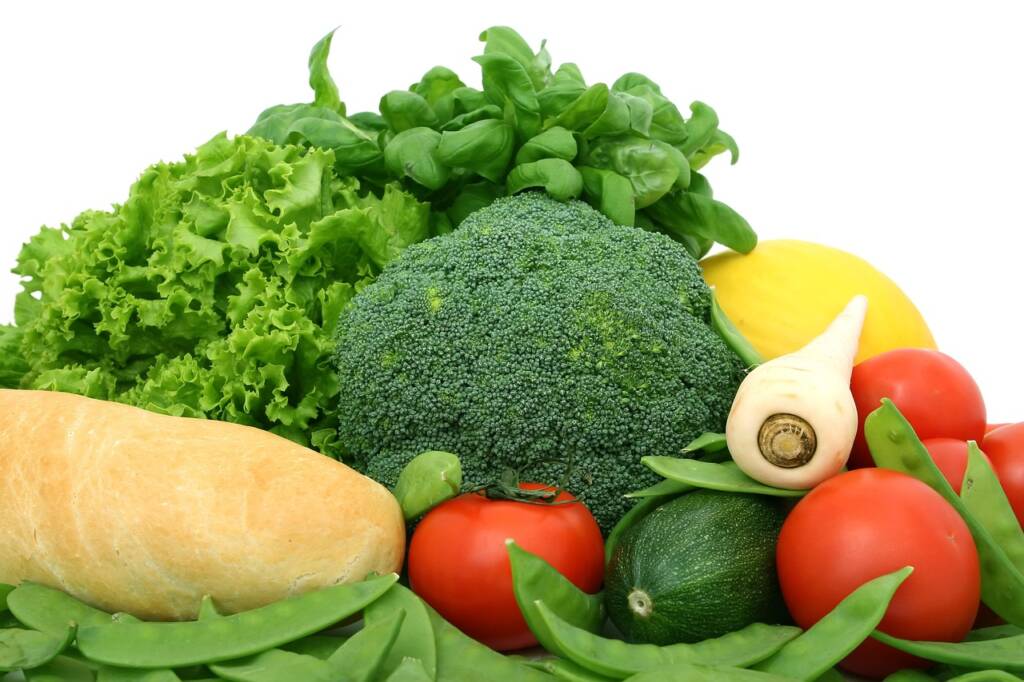PCOD/PCOS: Causes, Symptoms and Treatment
PCOS/PCOD is common among many women and young girls and is now spreading like an epidemic. First let’s understand the definition of PCOD and PCOS. Firstly, PCOS is multifaceted condition that affects the ovaries and hormonal balance. PCOD (polycystic ovarian disease) and PCOS (polycystic ovarian syndrome) are similar but a little bit different. To reverse PCOD/PCOS, we have to reset our hormones. To know “How to reset our hormones”, read this article, https://sparklinglifestyle.in/9-ways-to-reset-your-hormones/
PCOD means that your ovaries feel under pressure to do their work effectively and cannot do their job properly. In the same way, PCOS Means that these disturbances are now no longer just in the ovaries but are also manifesting in other parts of the body and group of symptoms are seen. For example, acne, irregular periods, unwanted hair on chin and cheeks, obesity, insulin resistance, difficulty in conceive, oily or dry skin and thinning hair or hair fall.

Now, the main issue is that PCOD and PCOS often gets diagnosed and treated only after you have been trying to get pregnant. Typically, women who have been married one are having regular intercourse without contraception but failing to conceive and declared to have PCOS by a doctor. PCOD and PCOS both are hormonal issues. Additionally, our hormones to which, we have no direct access. Mostly we feel hormones through changes in our body. Nobody knows the exact cause of PCOD and PCOS.
Moreover, Ovaries, the reproductive organs that produce estrogen and progesterone hormones that regulate the menstrual cycle. Similarly, the ovaries also produce a small amount of male hormone called androgens. The ovaries release eggs to be fertilized by a man’s sperm. The release of an egg each month is called ovulation.
Pituitary gland releases FSH (follicle stimulating hormone) and LH (luteinizing hormone), control ovulation. FSH stimulates the ovary to produce a follicle- a sac that contains an egg and then LH-triggers the ovary to release mature egg. On the other hand, PCOS that affects the women’s ovaries and ovulation. It’s three main common conditions are,
– Cysts in ovaries
– High levels of male hormones (androgens)
– Irregular periods
In PCOS, many small and fluid filled sacs grow inside the ovaries. These sacs are actually follicles, each follicle containing an immature egg. These eggs never mature enough to trigger ovulation. Progesterone levels are lower than usual and androgen levels are higher than normal. Extra male hormones disrupt the menstrual cycle. Finally, Then the bottom line is, we basically need to support our ovaries and balance or improve hormonal health.
Causes of PCOD:
Doctors don’t know the exact reason for PCOS. Some factors such as genes, insulin resistance and higher level of inflammation in the body affect ovaries and hormonal health.
Symptoms of PCOD:
Irregular periods, Unwanted hair growth known as hirsutism, acne, weight gain, darkening of skin, hair fall and baldness. Hormonal imbalances can affect women’s health in many ways such as risk of infertility, insulin resistance, sleep disorders and depression.
Foods and lifestyle changes to treat PCOD/PCOS:
Treatment for PCOS depend on some foods and Lifestyle changes such as eating a well-balanced meal, weight loss and exercise.
Well-balanced diet:
Consume fruits, vegetables, whole grains, proteins and healthy fats into your daily meal. Avoid processed and packaged food, namkeen carbonated soft drinks as they can contribute insulin resistance and weight gain.
Low glycemic index (GI) foods:
Legumes, whole grains (Bajra, Ragi, rajgira, jowar), lentils and beans to help regulate blood sugar levels.
Healthy fats:
Coconut, ghee, avocado, nuts (almond, walnut) seeds (flax, sesame, pumpkin and sunflower) and olives as they may help to regulate hormones.
Protein rich foods:
Salman fish, paneer, cheese, miso, tofu and sprouts keep stabilizing blood sugar level and increase satiety.
Fiber:
Whole grains, beans, sprouts, fermented foods help to stimulate digestion, relieve constipation, regulate appetite and promote feeling of fullness for a longer period.
Decrease caffeine and alcohol:
Excessive consumption of caffeine and alcohol may disrupt hormone levels and aggravate PCOS.
Regular exercise and maintain a healthy weight:
Strength training, yoga, Surya namaskar improve insulin resistance and manage weight. Include pelvic floor exercise as they increase blood circulation towards reproductive organs.
Reduce stress:
Stress trigger PCOS symptoms. For example, follow some techniques such as deep breathing, stretching, meditation and pursue hobby to reduce chronic stress.
Quality sleep:
Sound and quality sleep is essential for regulation of HGH and rejuvenation of the body. Therefore, Peaceful sleep is crucial for the absorption of minerals like Calcium and Iron, both of which run low in case of hormonal imbalances or PCOS.
Supplements:
Omega 3 fatty acids and vitamin E: Ghee, paneer, groundnut oil, coconut, Olives, flax seeds, nuts help decrease the glycemic index of the food.
ALA (alpha lipoic acid): Flax seeds, walnuts, some green veggies, peas they balance insulin and glucose level in the body. With ALA, your body will actually find the nutritional support to glucose uptake from your bloodstream.

Zinc, chromium: Both micro minerals improve the body’s insulin sensitivity.
Vitamin B12: Fresh curd, paneer, sprouts, Idli, Dosa, fermented food. Therefore, they are awesome for ovaries, because of vitamin B12. B12 plays a crucial role in iron absorption. Low Hb levels are always a factor with irregular periods, lethargy and high body fat levels.
Calcium and vitaminD3: Cramps, headache and general fatigue that you feel during periods will reduce, if you consume calcium and Vitamin D3.
Conclusion:
Finally, there is no need to be afraid of PCOD/ PCOS. Develop healthy eating habits and lifestyle and try to reverse PCOD and PCOS. Everyone’s body is different, adopt whatever works best for you and get the best health. To know more PCOD/PCOS, do visit my website and follow my Instagram page.



Leave a Comment